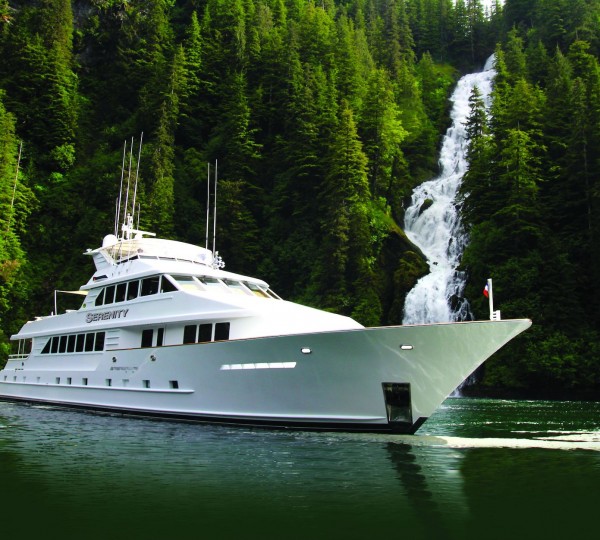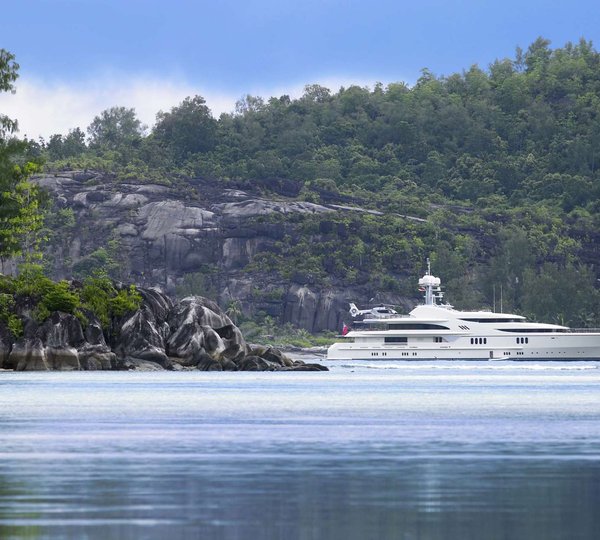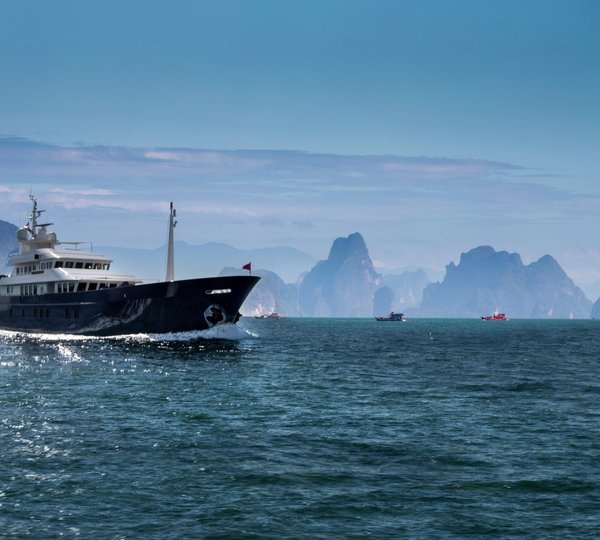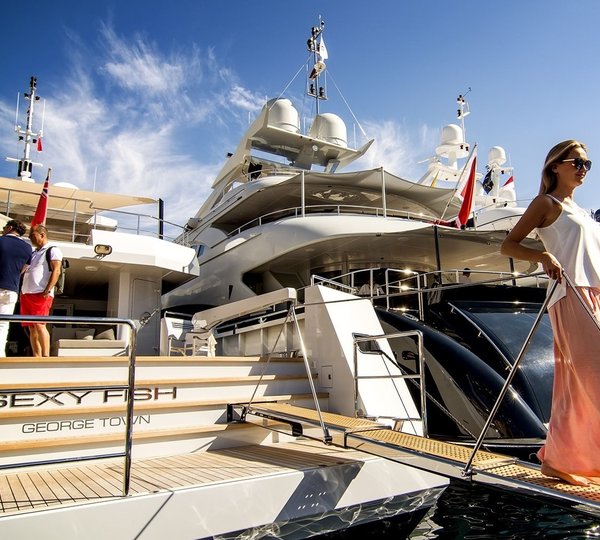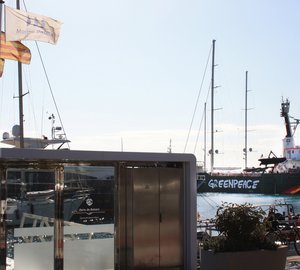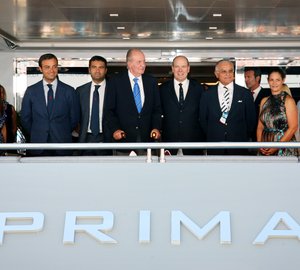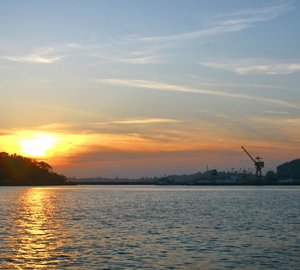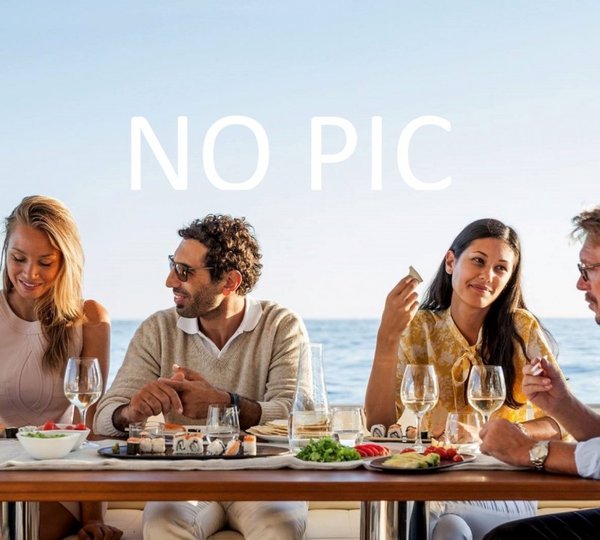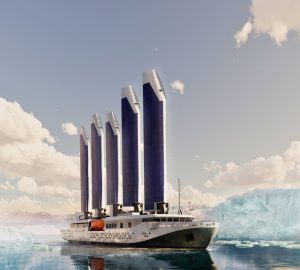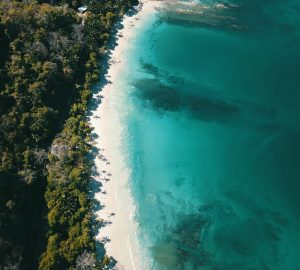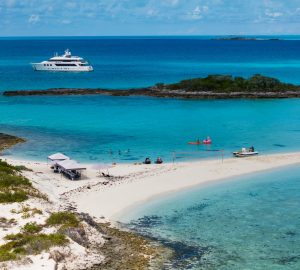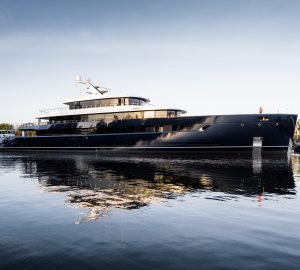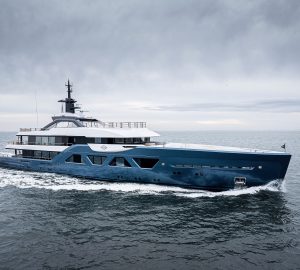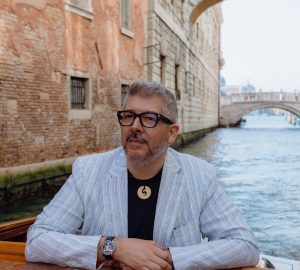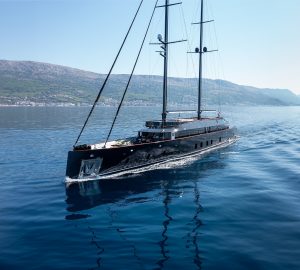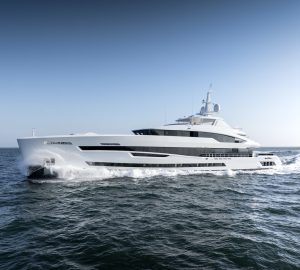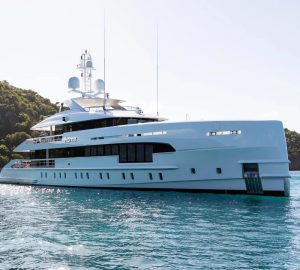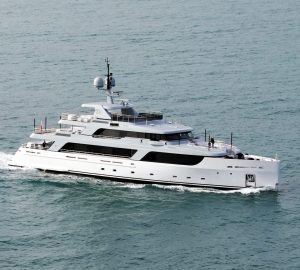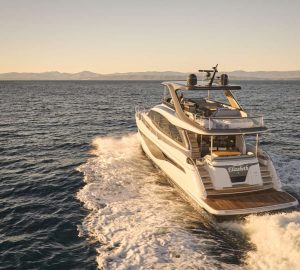The arrival of the iconic campaigning ship of Greenpeace, the Greenpeace Flagship, motor yacht Esperanza, was welcomed February 10, 2012 by Asia Pacific Superyachts upon docking at Port Blair, India for a month-long tour to build support for India’s marine biodiversity.
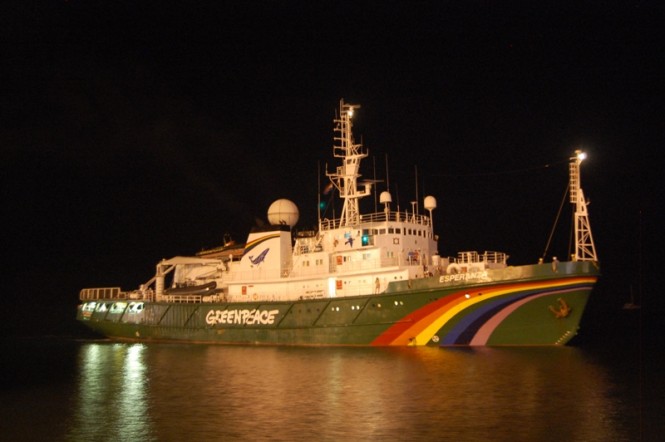
'Greenpeace Flagship - Esperanza arriving at Port Blair India' - Credit Asia Pacific Superyachts Andamans & India
Her second visit to India, M/Y Esperanza’s tour will highlight the impact of illegal and destructive fishing practices in the Indian EEZ and build public support for effective management measures to protect India’s staggering marine biodiversity. Greeting the Esperanza motor yacht at the Port Blair dock was Asia Pacific Superyacht (APS) Andamans & India Director, Mr. R. Rathnam.
Heralding the Greenpeace Flagship’s arrival with a traditional Indian welcome complete with musicians, native apparel and flower garlands was Mr. Rathnam and his family, professional yachting staff and friends. The enthusiastic group at the dock warmly welcomed the 27 crew members, media specialists and campaigners representing over 10 nationalities, including Indians as they set foot at Port Blair.
During her Indian tour APS managed and handled all of the vessel’s needs with the highest level of care and professionalism in management and service, while extending a friendly presence and attentive support to all aboard the yacht Esperanza. In a letter to Mr. Rathnam the captain wrote: “The APS agent proved to be very helpful; managing port clearance, supply of provision and fresh water and organizing media events. The professional approach made the call easy and pleasant; many last minute requests were dealt with on a timely basis and with great efficiency.”
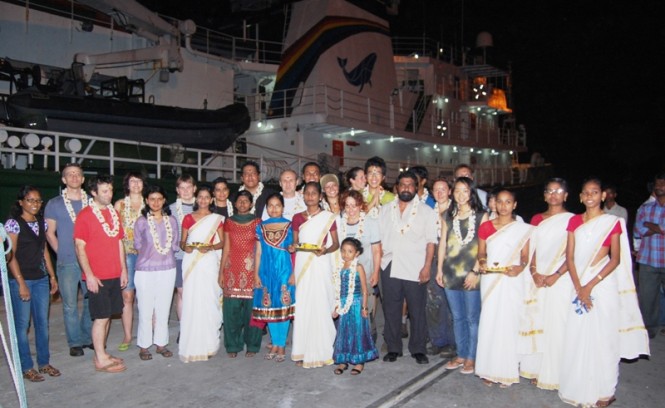
Greenpeace Yacht Esperanza welcomed at Port Blair' 3-3-2012 - Credit Asia Pacific Superyachts Andamans & India
Launched in February 2002, the motor yacht Esperanza is an impressive 72 metres in length with a top speed of 16 knots and ideal for fast and long range work. She is the latest and largest vessel in the Greenpeace fleet, replacing the now retired Greenpeace. Esperanza (Spanish for “hope”) is the first Greenpeace ship to be named by visitors to the organisation’s web site and is the fastest in the Greenpeace fleet of vessels. The ship was redesigned to be as environmentally-friendly as possible over a period of many months.
The redesigning focusing on extensive environmentally-friendly actions included: removal or safe containment of all asbestos; fitting a special fuel system to avoid spillage; newly fitted, more efficient, diesel electric propulsion; on board recycling of waste water, leaving only clean water pumped overboard; a waste based heating system; bilge water purifiers,15 times more effective than current legislation demands; TBT-free hull paint; ammonia based refrigeration and air-conditioning rather than climate changing and ozone depleting Freon gas – the first Dutch registered vessel to be so fitted; and an environmentally and economically efficient propulsion system to reduce CO2 emissions. In addition, standard Greenpeace operating equipment has been fitted and a new helicopter deck added as well as special boat cranes to launch the inflatables.
The arrival of the Esperanza motor yacht coincided with Greenpeace India’s recently launched campaign to stop illegal and industrial fishing in India’s EEZ. Commenting on the campaign and the role of the ship Areeba Hamid, Oceans Campaigner, Greenpeace India, reported in a February 10th release: “India’s seas are being exploited by illegal and destructive industrial fishing practices. Fish stocks are depleting, livelihood securities of hundreds of thousands of coastal communities are at threat and marine ecosystems are systematically being degraded. The Esperanza will be central to our campaign, bringing the realities of threats out at sea back to the shores.”
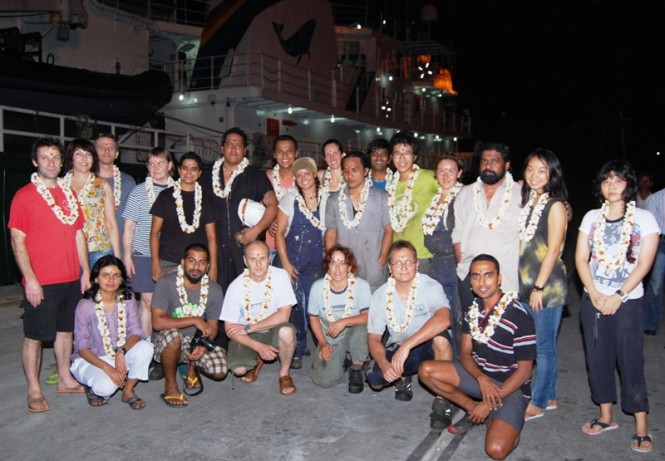
Motor yacht Esperanza group with Areeba Hamid, Oceans Campaigner, Greenpeace India - Credit Asia Pacific Superyachts Andamans & India
Five days into the Indian Ocean tour on February 15th, Hamid, reported: “The Sea and its resources might seem infinite, but the truth is fish stocks in Indian waters are fast depleting. The effects of such a phenomenon are not limited to our fish eating habits alone. If you were to look deep into the reasons of why such decline is happening you would know that these problems are due to our carelessness. As the appetite for fish expanded, so did the way we fish, and this resulted in indiscriminate fishing practices like bottom trawling which has rendered the Indian domestic waters overfished and overexploited.”
Building support now is important… 2012 is a key year for the Oceans as countries have set themselves a deadline to establish a global network of marine protected areas, especially in the high seas.

